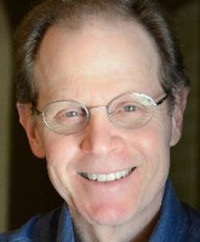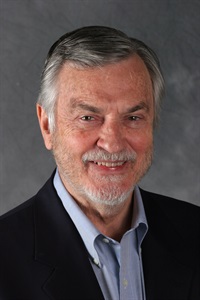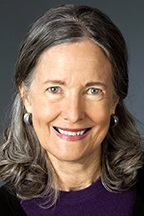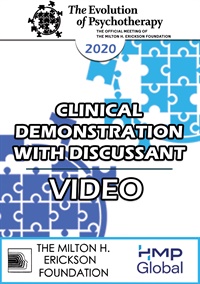EP20 Clinical Demonstration with Discussant 03 - From Conflict to Connecting - Harville Hendrix, PhD ; Helen LaKelly Hunt, PhD ; Daniel Siegel, MD
- Average Rating:
- Not yet rated
- Topic Areas:
- Couples Therapy | Clinical Demonstrations | Clinical Demonstrations with Discussant | Psychotherapy | Conflict | Relationships | IMAGO
- Categories:
- Evolution of Psychotherapy | Evolution of Psychotherapy 2020 | Pioneers in Couples and Family Therapy
- Faculty:
- Daniel Siegel, MD | Harville Hendrix, PhD | Helen LaKelly Hunt, PhD
- Course Levels:
- Master Degree or Higher in Health-Related Field
- Duration:
- 1 hour 32 minutes
- Format:
- Audio and Video
- Original Program Date:
- Dec 10, 2020
- License:
- Never Expires.
Description
Description: A demonstration of Imago Relationship Therapy, focusing on healing childhood wounds through structured communication. Techniques like mirroring, validation, and sentence stems promote empathy and connection. Discussion with Daniel Siegel includes the neurophysiological impact of presence and safe conversations, as well as the therapeutic potential of hugging in trauma recovery when offered in a secure, respectful environment.
Syllabus Description: Behind all frustration is a wish not spoken. Most people express the frustration and not the wish—leading to conflict. This demonstration shows the process of converting frustration into a wish and making a request for a behavior change—leading to connecting.
Educational Objectives:
- Discuss the concept of the desire embedded in frustration
- Describe the Behavior Change Request Process
- Facilitate the BCR Dialogue
*Sessions may be edited for content and to preserve confidentiality*
Credits
Handouts
| Timestamped Transcript (1.5 MB) | 43 Pages | Available after Purchase |
| Ericksonian Learning Snapshot (278.4 KB) | 3 Pages | Available after Purchase |
Faculty

Daniel Siegel, MD Related Seminars and Products
Daniel Siegel, MD, received his medical degree from Harvard University and completed his postgraduate medical education at UCLA with training in pediatrics and child, adolescent and adult psychiatry. He is currently clinical professor of psychiatry at the UCLA School of Medicine where he is on the faculty of the Center for Culture, Brain, and Development and the founding co-director of the Mindful Awareness Research Center. Dr. Siegel has lectured for the King of Thailand, Pope John Paul II, His Holiness the Dalai Lama, Google University, London's Royal Society of Arts (RSA), and TEDx.

Harville Hendrix, PhD Related Seminars and Products
Harville Hendrix, PhD and Helen LaKelly Hunt, PhD are partners in life and work. Their lives and work are integrated in their commitment to the transformation of couples and families and to the evolution of a relational culture that supports universal equality. Harville is co-creator of Imago Relationship Therapy and co-founder of Imago Relationships International. Chancellor of the Imago International Institute and emeritus board member of IRI. Dr. Hendrix has received an honorary Doctor of Humane Letters from Mercer University, Macon, GA, the Distinguished Service Award from the American Association of Pastoral Counselors, and the Distinguished Contributors Award by the Association for Imago Relationship Therapy. His latest book, written with his wife, Helen Hunt, is Receiving Love.

Helen LaKelly Hunt, PhD Related Seminars and Products
Harville Hendrix, PhD and Helen LaKelly Hunt, PhD are partners in life and work. Their lives and work are integrated in their commitment to the transformation of couples and families and to the evolution of a relational culture that supports universal equality.


